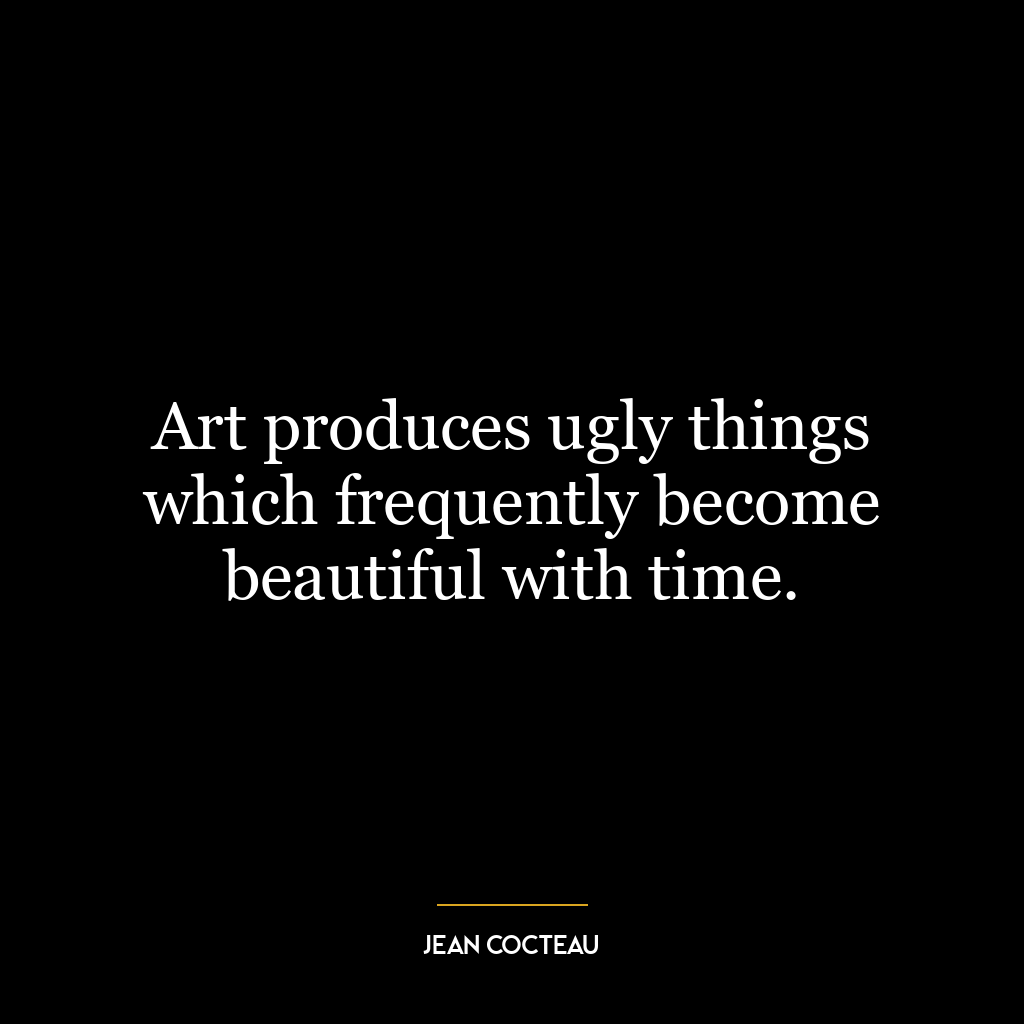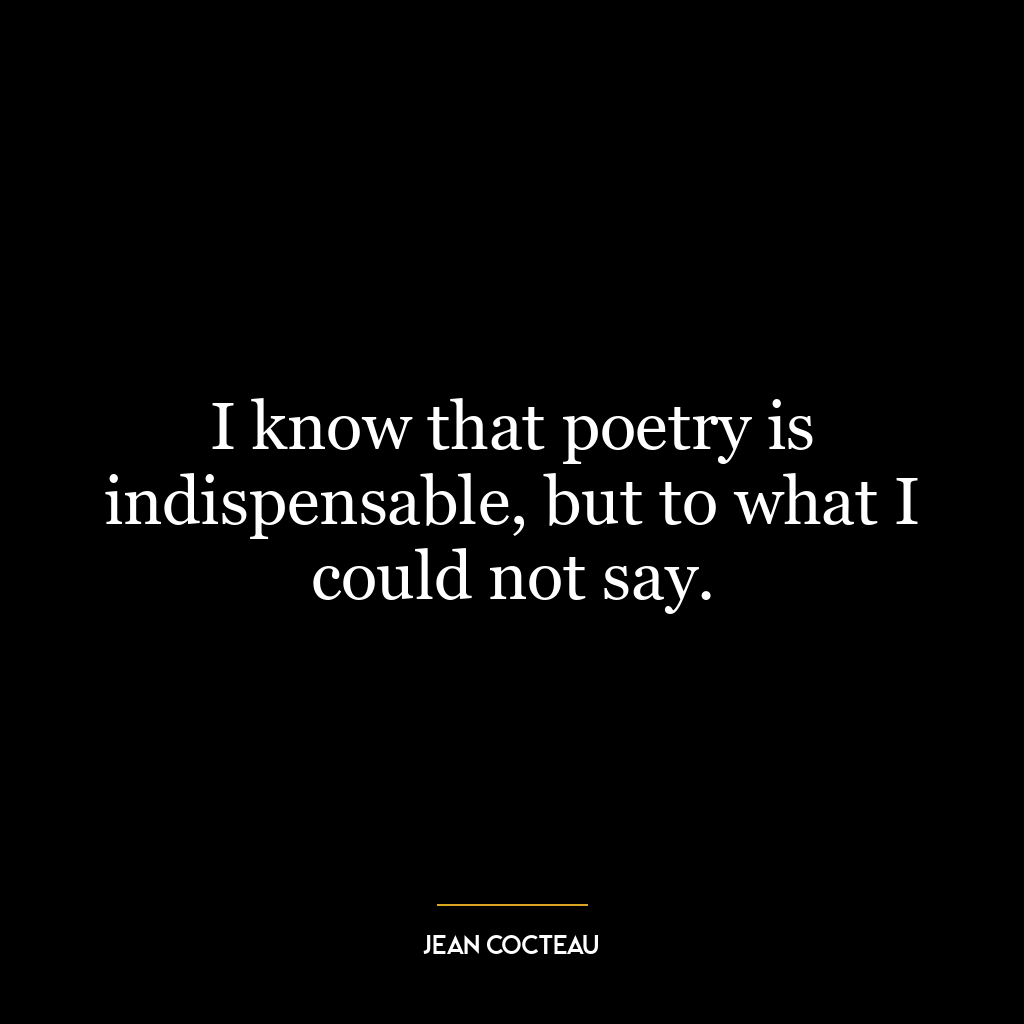I was a blacksmith’s boy but yesterday; I am – what shall I say I am today?
This quote speaks to the rapid and sometimes unexpected transformation that can occur in a person’s life. It tells a story of a boy who was a blacksmith’s apprentice one day and then, due to unforeseen circumstances, finds himself in a completely different situation the next day. He is unsure of how to define his new status, which indicates the magnitude of the change he has undergone and the uncertainty it brings.
The blacksmith’s boy represents a humble, hardworking, and perhaps underprivileged individual. His sudden change in status symbolizes a drastic shift in his life’s trajectory. The question “what shall I say I am today?” reflects his struggle with self-identity in the face of this change. It also speaks to the human tendency to define ourselves by our roles or occupations, and the confusion that can arise when these roles change suddenly.
In today’s world, this concept is still very relevant. People often experience sudden changes in their lives – a promotion, a layoff, a move to a new city, a new career, or even a global pandemic that changes the way we work and live. These changes can leave us feeling disoriented and unsure of our identities.
In terms of personal development, this quote can be seen as a reminder of the importance of adaptability and resilience. It encourages us to embrace change and uncertainty, and to define ourselves not by our circumstances, but by our core values and beliefs. It also highlights the importance of self-reflection in times of change. The question “what shall I say I am today?” prompts us to continuously reassess and redefine our identities in response to our evolving circumstances.









